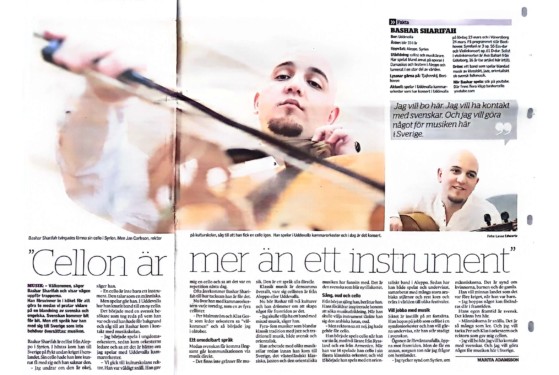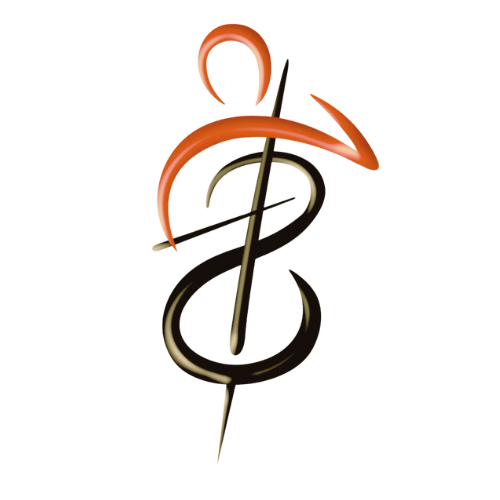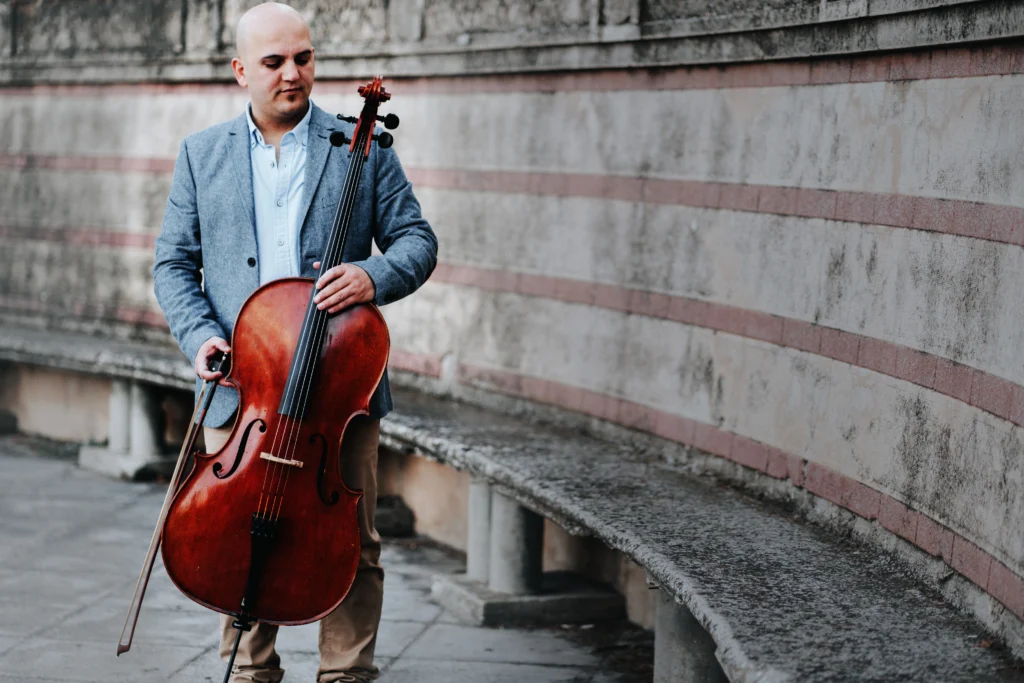
“Welcome,” says Bashar Sharifah, leading the way up the stairs.
He disappears into the kitchen for a moment…
Bashar Sharifah is a cellist from Aleppo, Syria. Last autumn, he arrived in Sweden, fleeing the war in his homeland. He couldn’t bring his cello with him, and he misses it.
“I wonder if it’s okay,” he says.
“A cello is not just an instrument. It speaks like a human.”
But he plays nonetheless. In Uddevalla, he has formed a bond with a new cello.
It all started with a Swedish visitor who found out who he was and what his background was, and helped Bashar get in touch with the music school.
“I started playing in the youth orchestra, and then the orchestra’s leader said it would be better if I played with the Uddevalla Chamber Orchestra.”
“We went to the principal of the music school. He was very kind. He gave me a cello and told me that there was a rehearsal the next day.”
Bashar Sharifah keeps coming back to how grateful he is for this.
Now, he plays with the chamber orchestra every Thursday as one of four cellists.
“Per Malmström and Klas Gerle, who lead the orchestra, said ‘welcome,’ and so I started in October.”
An Immediate Language
While Swedish comes slowly, communication through music happens instantly.
“There are no boundaries for music. It is a language everyone understands.”
Classical music is the same everywhere, whether the cellist is from Aleppo or Uddevalla.
Now, Bashar belongs to two cultures, and he dreams of creating something for the future from this.
“I would like to have a band with mixed music,” he says.
Four or five musicians blending classical tradition with jazz and traditional music, both Swedish and Oriental.
He had already worked with different music styles before coming to Sweden—Western classical, jazz, and Oriental music have always been part of his repertoire. The Swedish music is the new addition.
Singing, Oud, and Cello
From the beginning, he sang, he explains.
His parents inspired him to pursue music education. When he had to choose an instrument, he initially considered the Arabic lute, the oud.
“But the principal said no, I had an ear for the cello.”
He started playing the cello when he was ten years old, learning from two Russian teachers and one Armenian teacher. By the time he was 14, he was playing in his first classical orchestra, and at 15, he started playing in an Oriental band in Aleppo.
Since then, he has played and taught, collaborated with many major Arabic stars, and traveled across the world to various festivals.
Wants to Work with Music
His goal is to continue. He hopes to get a job as a cellist in a symphony orchestra, and he also wants to teach once he becomes more fluent in Swedish.
His eyes are filled with hope, open to the future. But they take on a different, sorrowful tone when I ask about his homeland.
“I feel sorry for Syria, for its people. It’s heartbreaking for the women, the children, and the elderly.”
He wants to remember his country as it was before the war, when he was a child.
“I hope that something can change there in the future.”
His own future, however, is in Sweden. It feels good to be here.
“People are kind. So many smile. And I want to thank Per and Klas from the orchestra, as well as the principal who gave me the cello.”
“I want to live here. I want to connect with Swedes. And I want to do something for music here in Sweden.”

